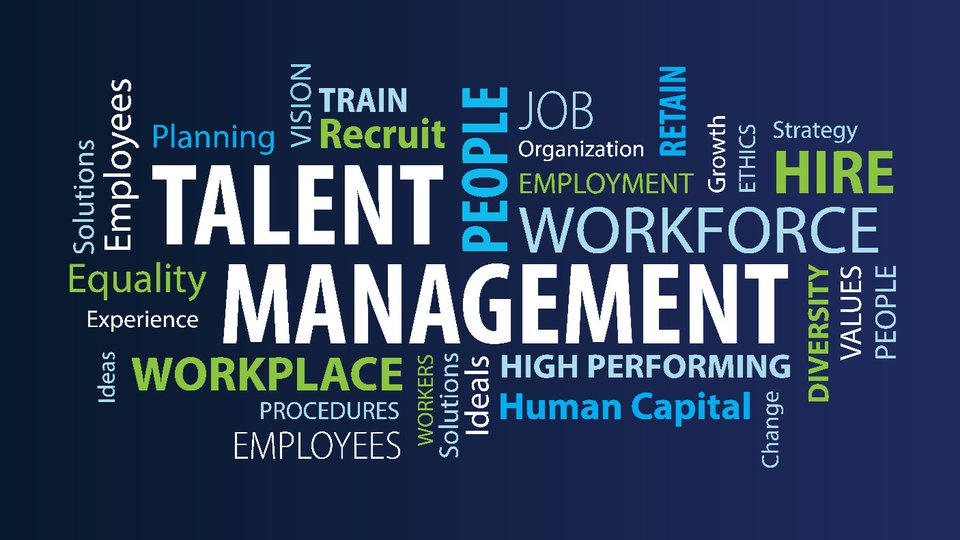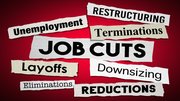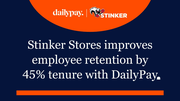Omnichannel
Redefining retail: How workforce management can improve the store experience
When retailers improve the store experience through workforce and task management, they can adequately train all employees, from associates to managers.

October 12, 2023 by Gary Stonell — SVP of sales and operations, Opterus
Now that we are well past the height of the COVID-19 pandemic, brick and mortar stores have returned with a vengeance. As of October 2022, 71% of consumers worldwide say they shop in physical stores as often, or even more so, as they did before the pandemic.
Consumers are once again confident to shop in person, and it's up to retailers to keep them coming back.
Since 84% of shoppers claim they would return to stores with a pleasant atmosphere, retailers are seeking new ways to improve the in-store experience, keep up with changing customer demand and increase loyalty.
There's a catch, though. Despite consumer trends shifting back to normalcy, the retail workforce continues to be plagued by high turnover. The quit rate for retail as of March 2023 was 3.3%, hovering above the national average of 2.6%. This creates significant barriers to the in-store experience that customers had come to expect before the pandemic. Retailers must find ways to overcome this challenge, and managing the workforce is a key step to getting there.
When retailers improve the store experience through workforce and task management, they can adequately train all employees, from associates to managers. As that happens, retailers can then streamline processes for customers, connect the digital journey to the in-store experience and ensure inventory is properly managed.
Adequately train management and leaders
How well a store runs boils down to how managers operate. Optimizing communications and task execution empowers managers to be better leaders, and that applies to every stage of store operations. For instance, managers must not only have a handle on scheduling and other online processes, but they also should be prepared to handle situations in-store, such as a pressing shopper request, as they arise.
Workforce management helps solve this problem because it provides a central location that new store managers can refer to for training and standard operating procedures. As a result, leadership better understands what is expected of them and can run their stores with efficiency and confidence.
The bottom line: managers need to be well-trained so they can empower their employees to provide the best experience possible to customers.
Train and retain employees
When new employees can easily access training documents through a centralized portal, they can quickly understand store policies, procedures and expectations. This in turn better prepares them to answer customer questions and ensure smooth store experiences. From the point of sale to replenishing inventory and everything in between, training helps employees to do their jobs with confidence.
Once management and employees are fully trained and empowered in their tasks, there are several benefits that retailers can see as a result, which contribute to an improved customer experience. The benefits include streamlining processes for customers' new shopping habits, such as those who prefer self-service, connecting the digital journey to the in-store experience and ensuring inventory is on hand and properly displayed.
- Streamline processes for customers
With streamlined retail workflows, retailers can ensure that everything in-store is prepared for customers. For example, retailers are better prepared for customers who prefer self-service and self-checkout. As well, if issues arise, streamlined workflows assure that staff members are there and ready to help. - Connect the digital journey to the in-store experience
Workforce management allows employees to help shop quickly and efficiently. For example, managers can communicate to their employees the necessary procedures to fulfill BOPIS or curbside orders and allocate the right number of staff to help these customers. - Ensure inventory is on hand and properly displayed
There is nothing quite as frustrating for a customer as when they go into the store in search of an item they can't find; it's bad business for stores, too, as customers will quickly leave and find the merchandise elsewhere. That's why it is crucial for stores to see to it that available merchandise is on the shelves and not in the back of the store — and that it's properly displayed and marked. Proper training and task management can help ensure that stores take advantage of every sales opportunity and don't miss out due to empty shelves.
Improve profitability with a better customer experience
A better customer experience isn't just good for the shopper; it can improve a retailer's bottom line, too. A recent McKinsey podcast estimates elevating the customer experience can increase sales revenues by 2% to 7% and profitability by 1% to 2%, and that's good news for the balance sheet. Organized workforce management and training can give retailers an edge through a well-trained workforce that's informed, confident and ready to deliver the best possible in-store experience.
About Gary Stonell
Gary Stonell, SVP of Sales and Operations, Opterus, has 20 years of sales management and business development experience in CPG and SaaS. Beginning his career in CPG, he worked for Kraft Foods, Philips Electronics, then SunRype Products fostering partnerships with retailers and managing various aspects of the sales and marketing processes. More recently at Sysomos/Meltwater, a SaaS based Social Media content management platform, Gary led the Enterprise sales team responsible for managing existing clients and new logo acquisition.
 ChatGPT
ChatGPT Grok
Grok Perplexity
Perplexity Claude
Claude




